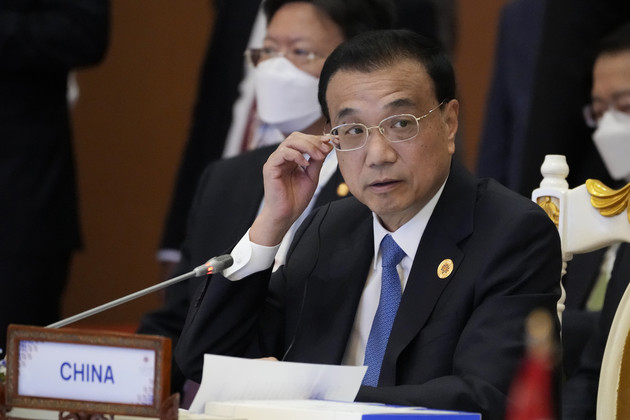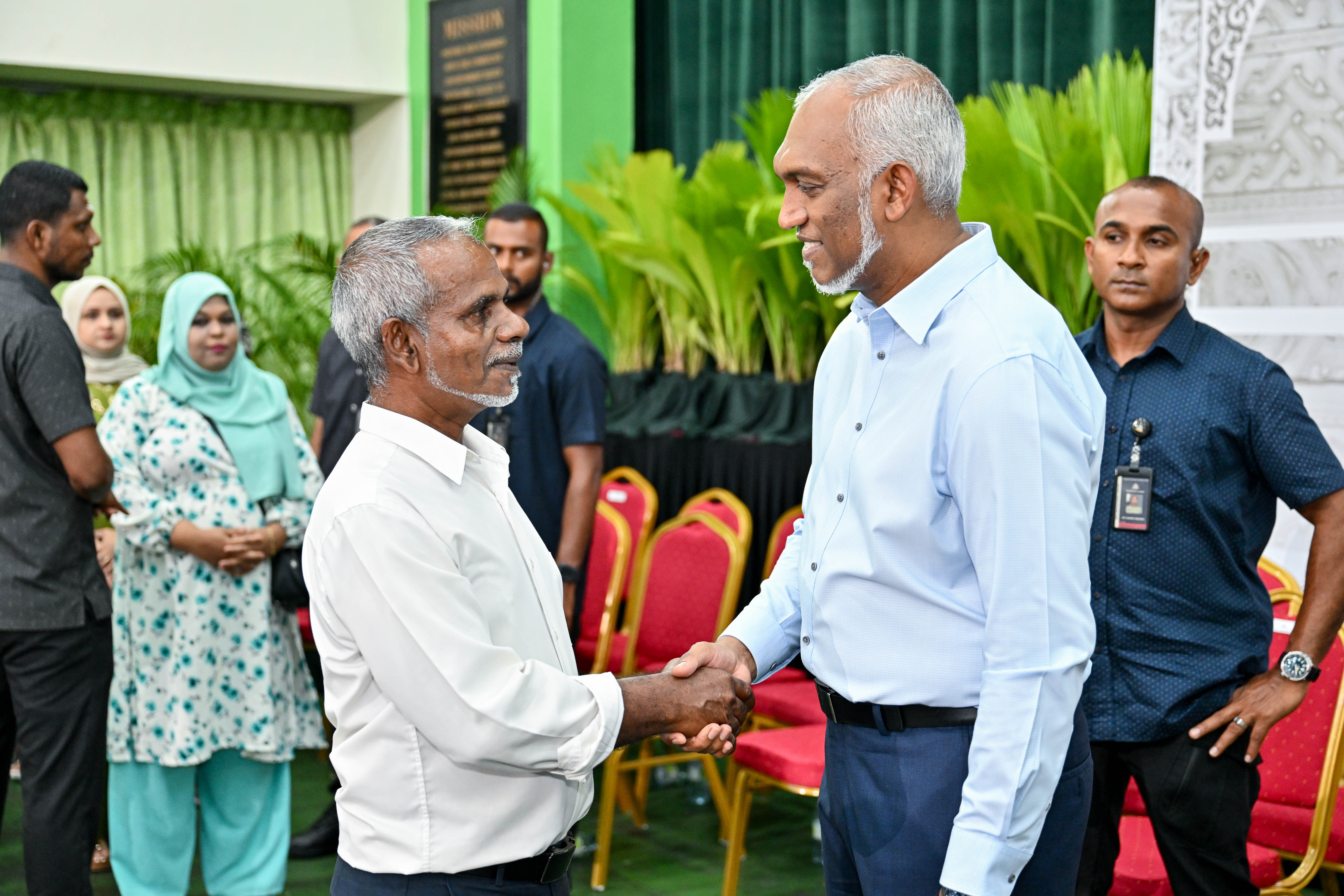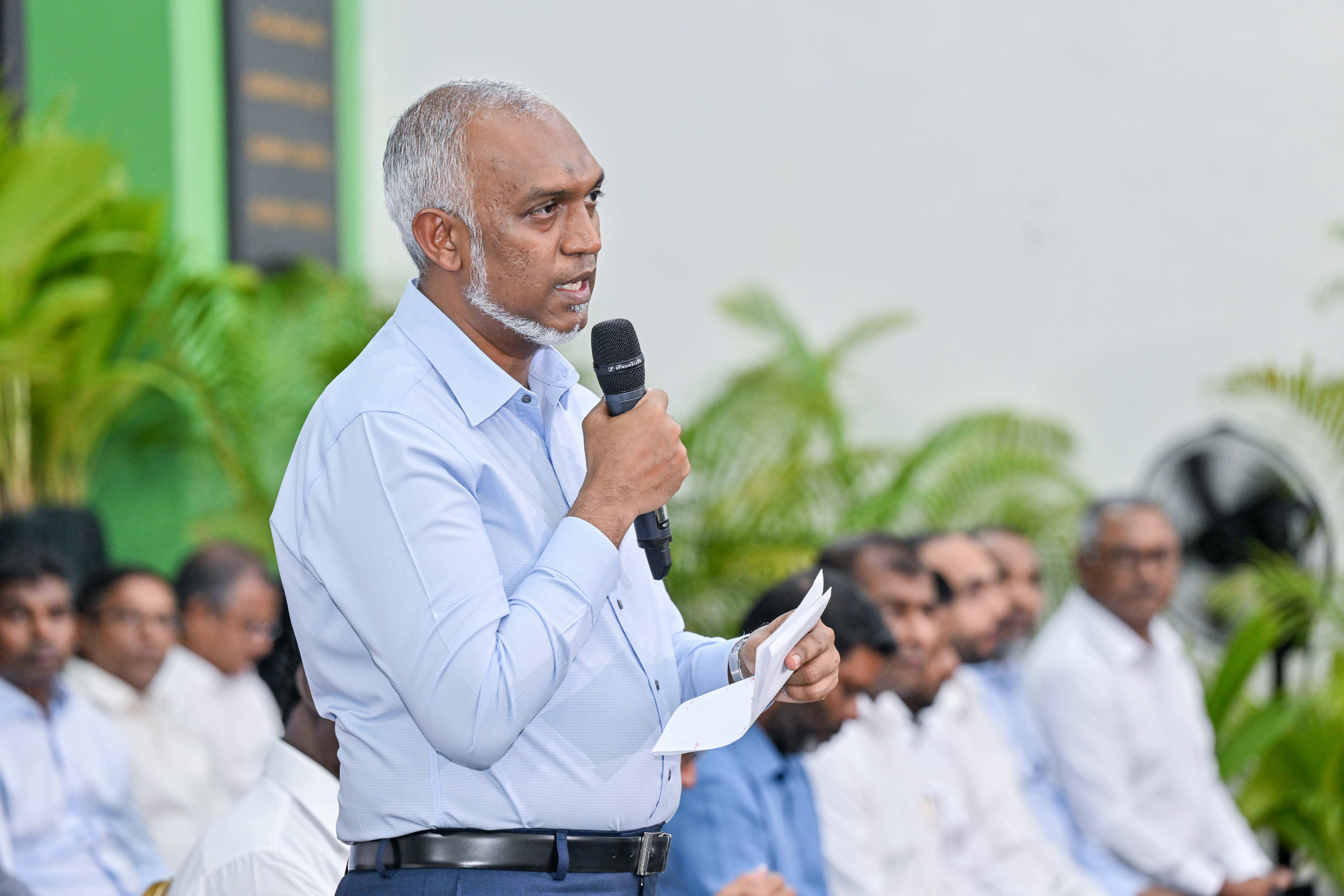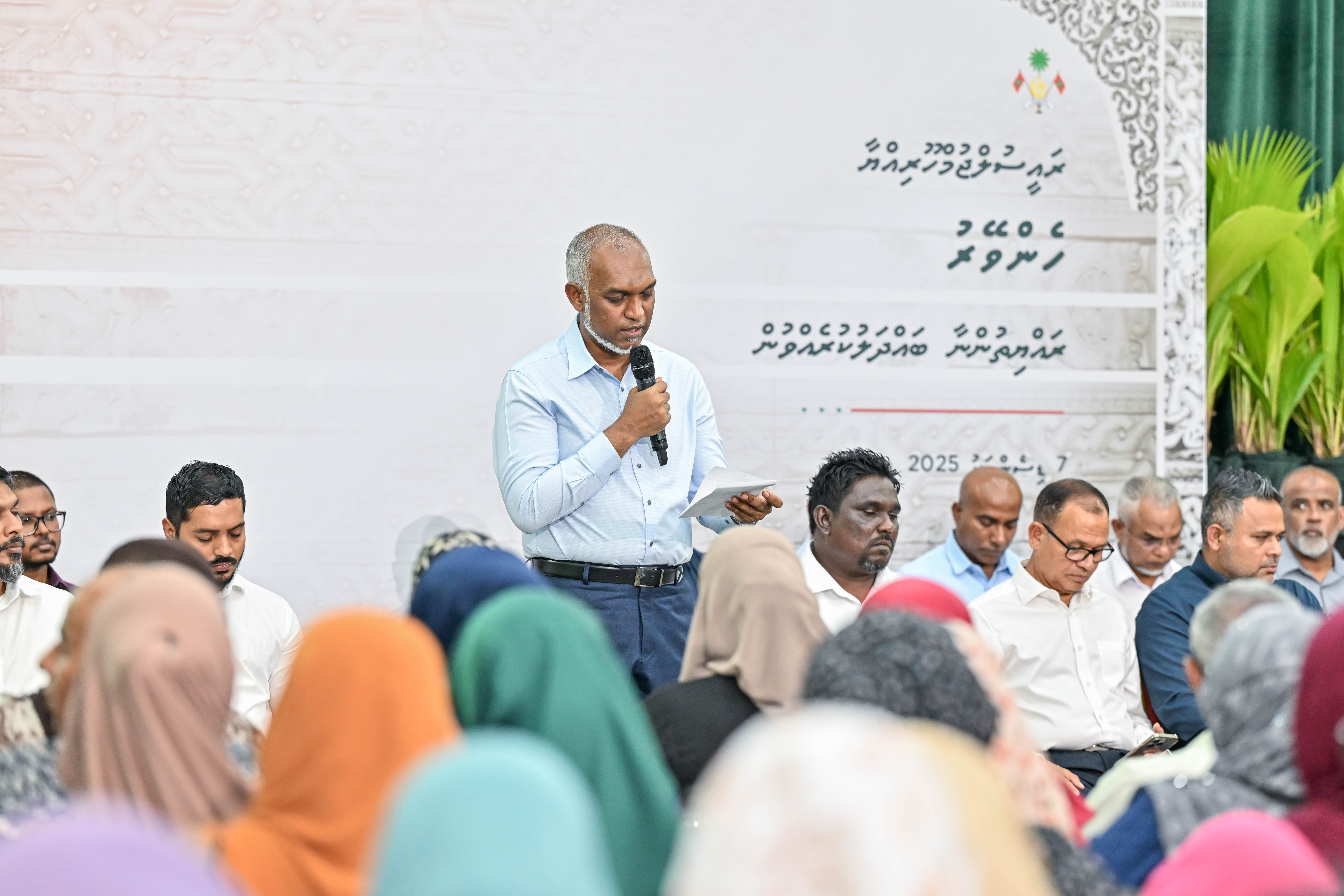Former Premier Li Keqiang, China’s top economic official for a decade, died Friday of a heart attack. He was 68.
Li was China’s No. 2 leader from 2013-23 and an advocate for private business. However, he was left with little authority after President Xi Jinping made himself the most powerful Chinese leader in decades and tightened control over the economy and society.
CCTV said Li had been resting in Shanghai recently and had a heart attack on Thursday. He died at 12:10 a.m. Friday.
Li served as China’s premier and head of the State Council, or cabinet, for a decade until he stepped down during the National People’s Congress in March. Li Qiang, the former Shanghai party secretary, replaced him.
When he took office in 2013, reformers hoped Li would serve in the mould of Zhu Rongji, the premier under late President Jiang Zemin, who instituted some of the country’s boldest economic changes between 1998 and 2003, including a large-scale privatization program.
Li had also been tipped as a strong candidate to succeed outgoing President Hu Jintao before Xi came to power. As Li came to serve as the business-friendly face of Xi’s increasingly authoritarian government, there was speculation of a rivalry between China’s top two leaders over economic policy. As premier though, Li was seen as far less influential than his predecessors, Wen Jiabao and Zhu.
Li, an English-speaking economist, was considered a contender to succeed then-Communist Party leader Hu Jintao in 2013 but was passed over in favor of Xi. Reversing the Hu era’s consensus-oriented leadership, Xi centralized powers in his own hands, leaving Li and others on the party’s ruling seven-member Standing Committee with little influence. He was dropped from the Standing Committee at a party congress in October 2022 despite being two years below the informal retirement age.
Li was China’s No. 2 leader from 2013-23 and an advocate for private business. However, he was left with little authority after President Xi Jinping made himself the most powerful Chinese leader in decades and tightened control over the economy and society.
CCTV said Li had been resting in Shanghai recently and had a heart attack on Thursday. He died at 12:10 a.m. Friday.
Li served as China’s premier and head of the State Council, or cabinet, for a decade until he stepped down during the National People’s Congress in March. Li Qiang, the former Shanghai party secretary, replaced him.
When he took office in 2013, reformers hoped Li would serve in the mould of Zhu Rongji, the premier under late President Jiang Zemin, who instituted some of the country’s boldest economic changes between 1998 and 2003, including a large-scale privatization program.
Li had also been tipped as a strong candidate to succeed outgoing President Hu Jintao before Xi came to power. As Li came to serve as the business-friendly face of Xi’s increasingly authoritarian government, there was speculation of a rivalry between China’s top two leaders over economic policy. As premier though, Li was seen as far less influential than his predecessors, Wen Jiabao and Zhu.
Li, an English-speaking economist, was considered a contender to succeed then-Communist Party leader Hu Jintao in 2013 but was passed over in favor of Xi. Reversing the Hu era’s consensus-oriented leadership, Xi centralized powers in his own hands, leaving Li and others on the party’s ruling seven-member Standing Committee with little influence. He was dropped from the Standing Committee at a party congress in October 2022 despite being two years below the informal retirement age.


















